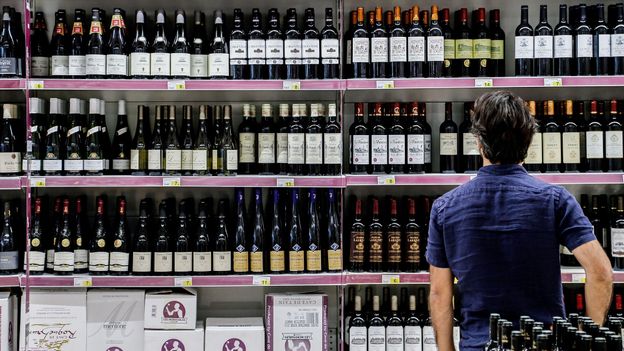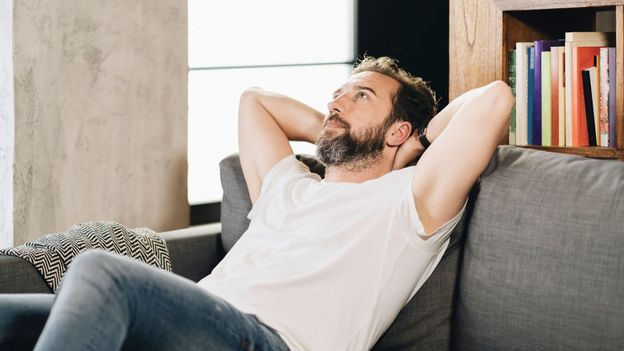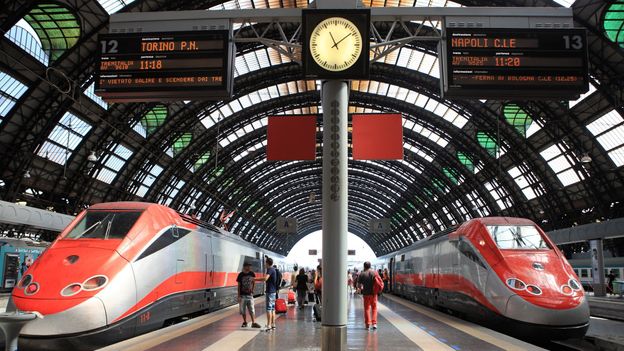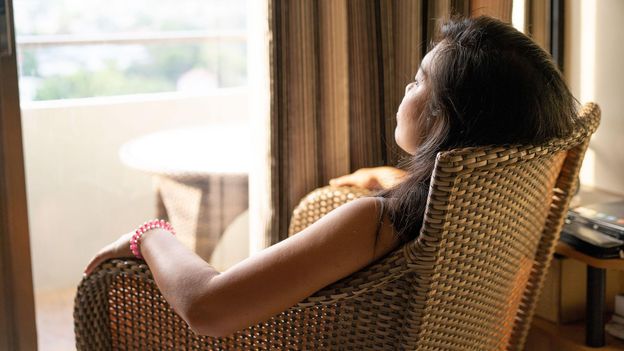Satiating the creative craving
Anecdotally and instinctively, many of us know how a couple of hours in the kitchen gathering and chopping ingredients, getting creative with a challenging recipe or simply kneading dough can make us feel better.
And although researchers haven’t yet looked specifically at cooking as a psychological salve, what we do understand about creative pursuits can help us understand why suddenly turning on our scarcely used stand mixer is so gratifying. Research has shown that accomplishing small, creative tasks can make us feel happier. In one study, researchers found adults reported more positive emotions when they took on more creative pursuits, like creating art, making music or writing.
“Doing things that evoke almost immediate positive emotions can help to calm stress pathways,” says Nicole Farmer, who studies how food impacts our biology, behaviour and mental health at the National Institutes of Health clinical centre.
During the height of lockdown, Farmer – whose research focuses on the psychological and social benefits of cooking – even found herself gravitating toward making comforting soups and cookie recipes for her two children. “Cooking represents the shared human experience of food, and nurturing people through food, so I think that’s where it incorporates opportunity for immediate positive emotions.”
Getting your hands dirty
There’s also evidence to suggest that the benefits of cooking are not just about the creativity associated with the task; the simple mechanics of cooking can make the process appealing, and activate crucial brain centres.
Researchers in Tel Aviv have shown that repetitive behaviours and rituals can ease stress and anxiety, like when a basketball player dribbles a ball a specific number of times before shooting it. While, as Farmer notes, there haven’t been any studies to specifically examine the physical motions of cooking, like chopping or kneading, it follows that those movements could provide the same benefits.












